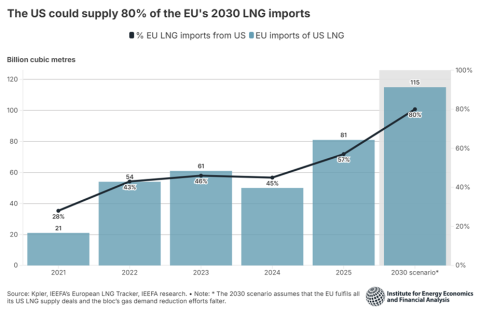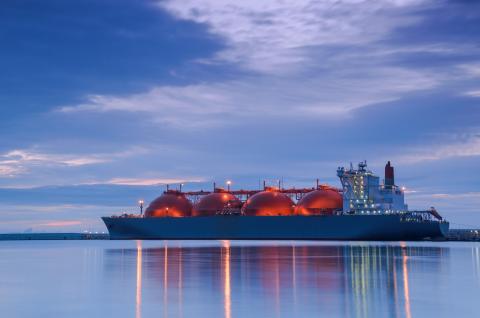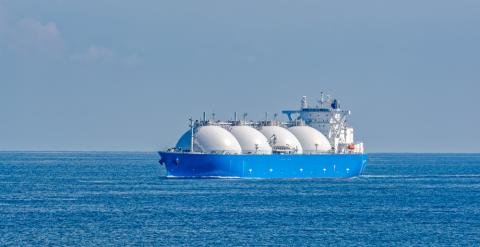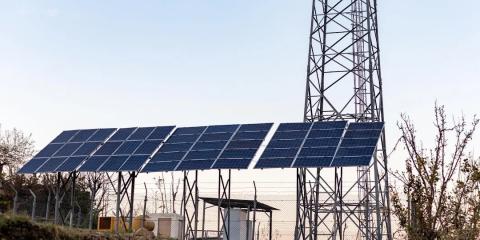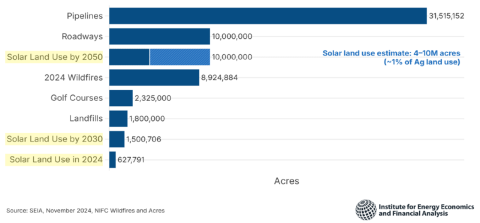Comments to the Federal Energy Regulatory Commission regarding the CP2 LNG and CP Express Projects
Download Full Version
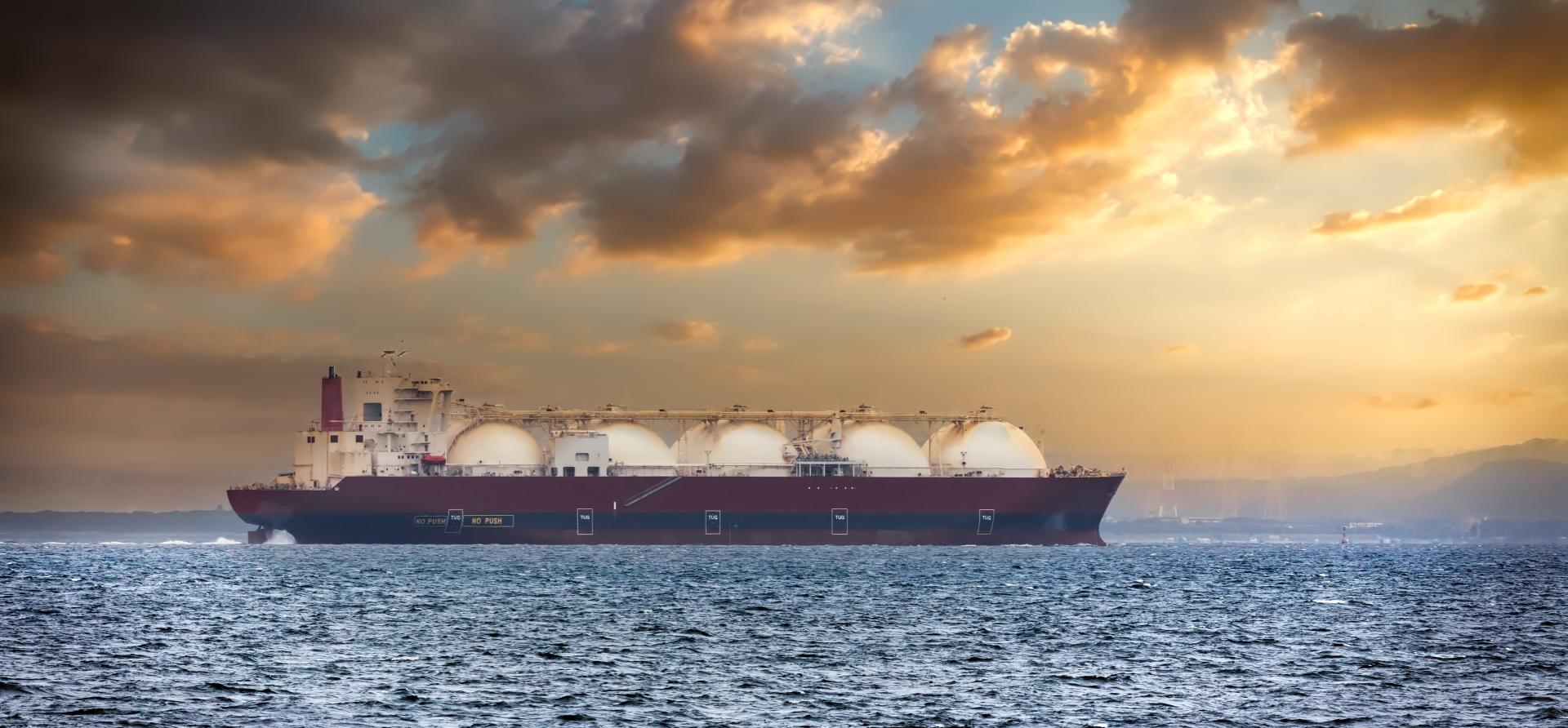
The Institute for Energy Economics and Financial Analysis (IEEFA), a nonprofit organization focused on research and analysis of global energy markets and trends, provides the following comments in response to the Draft Environmental Impact Statement (EIS) for CP2 LNG and CP Express projects, Docket Nos. CP22-21-000, CP22-22-000. Our comments are intended to address information that to our knowledge has not been considered by the Federal Energy Regulatory Commission (FERC) in its interpretation of the public interest.
The proposed projects involve the construction of a liquified natural gas (LNG) export terminal with 20 million tonnes per annum (MTPA) of nameplate liquefaction capacity and the construction of 91 miles of natural gas pipeline to supply feed gas to the export terminal located on the Calcasieu Ship Channel in Cameron Parish, Louisiana. Our comments address the question of whether these projects align with the public interest.
As discussed in IEEFA’s prior comments on this project, new LNG export projects currently under construction will add roughly 78 million tons per year (Mtpa) of liquefaction capacity by 2028, nearly doubling U.S. LNG export capacity. At the same time, new export projects being built in in Qatar, Russia, Canada, Australia, Mexico, Mauritania, Mozambique, and elsewhere could add an additional 120 Mtpa of LNG exports to the global market over the same period. The International Energy Agency now acknowledges that the massive addition of new LNG supplies could oversaturate the global market, warning that “The strong rise in [LNG] capacity … risks creating a supply glut, given that global gas demand growth has slowed considerably.” In this market context, CP2 is likely a superfluous and unnecessary project that could worsen an impending LNG market glut.
Furthermore, several key studies that FERC has used to decide that LNG exports are in the public interest are now badly out of date. Most importantly, they miss the fact that surging LNG exports drove domestic gas prices to their highest level in decades in 2022. They also fail to account for the substantial increase in domestic gas price volatility over the past several years, as well as the continued effects of the COVID-19 pandemic on energy demand and the global supply chain. Higher inflation, both in the U.S. and globally, along with recessionary cycles and demand destruction, are other trends that these studies fail to capture. Consideration of these factors collectively indicates that FERC’s authorization of the CP2 and CP Express would not be in the public interest.







